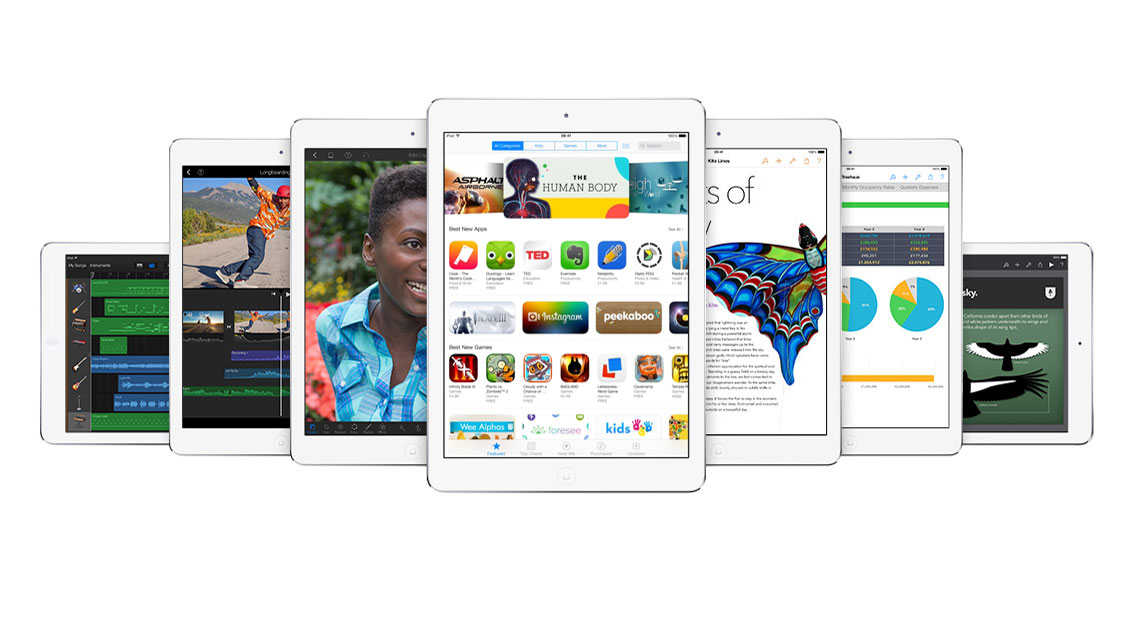The three types of tablet that are conquering the world
...and how they're laying waste to everything

Sales of Android tablets are booming, but they aren't being driven by desirable devices such as Galaxy Notes, or by exciting new products like Nexuses: according to analysts at NPD, the surge is being led by "white box" vendors - that is, manufacturers of no-name cheapies.
The people buying cheap devices may be buying tablets, but they aren't buying them in the same way that people buying iPads or Galaxy Tabs are.
They aren't buying tablets to run apps. According to analysts, in many cases they're buying them as alternatives to existing, single-use consumer electronics.
Take in-car entertainment, for example: a video-playing tablet is more portable, useful and bump-proof than a similarly priced portable DVD player. I can testify to that one: my car is where portable DVD players go to die.
Other buyers might want their tablets for chat software or as ebook readers.
If you've ever wondered how Apple can claim the most tablet usage when Android clearly has the highest tablet sales, the white box tablets are your answer: the cheapest, most numerous tablets aren't really being used for much.
Imagine what the iPad Air will be able to do in 2017
Get daily insight, inspiration and deals in your inbox
Sign up for breaking news, reviews, opinion, top tech deals, and more.
That's interesting, because it means that there isn't a single monolithic tablet market, a battleground where if Android wins then Apple loses or vice-versa. It's more complicated than that.
There isn't one tablet market. There are three.
Different strokes for different folks
We're seeing the tablet market stratify like other consumer electronics markets: you've got no-name cheapies and retailers' loss-leaders at the low end, decent and decently-priced tablets for the mass market, and high-end devices for those with high expectations and/or high disposable income.
What's interesting about that is that all three bits of the market are disruptive.
The cheap tablets are replacing consumer electronics devices. Mid-range tablets have killed off netbooks and are giving low-end laptops a kicking. And high-end tablets, devices such as the iPad Air and the Surface Pro 2, are coming for the proper laptops.
They're not quite there yet - while the consumption/production debate has long been settled, "proper" computers remain better for all kinds of things for all kinds of people - but don't forget we're talking about a sector that didn't even exist four years ago.
Check out the iPad Air and imagine what it'll do in 2017 - and what we'll be doing when even the cheapest tablets can outdo that spec.
As far as the electronics and PC industries are concerned, it looks like the tablets' reign of terror is just getting started.
- After something a bit more capable? Check out the 10 best Android tablets in the world
Writer, broadcaster, musician and kitchen gadget obsessive Carrie Marshall has been writing about tech since 1998, contributing sage advice and odd opinions to all kinds of magazines and websites as well as writing more than a dozen books. Her memoir, Carrie Kills A Man, is on sale now and her next book, about pop music, is out in 2025. She is the singer in Glaswegian rock band Unquiet Mind.
